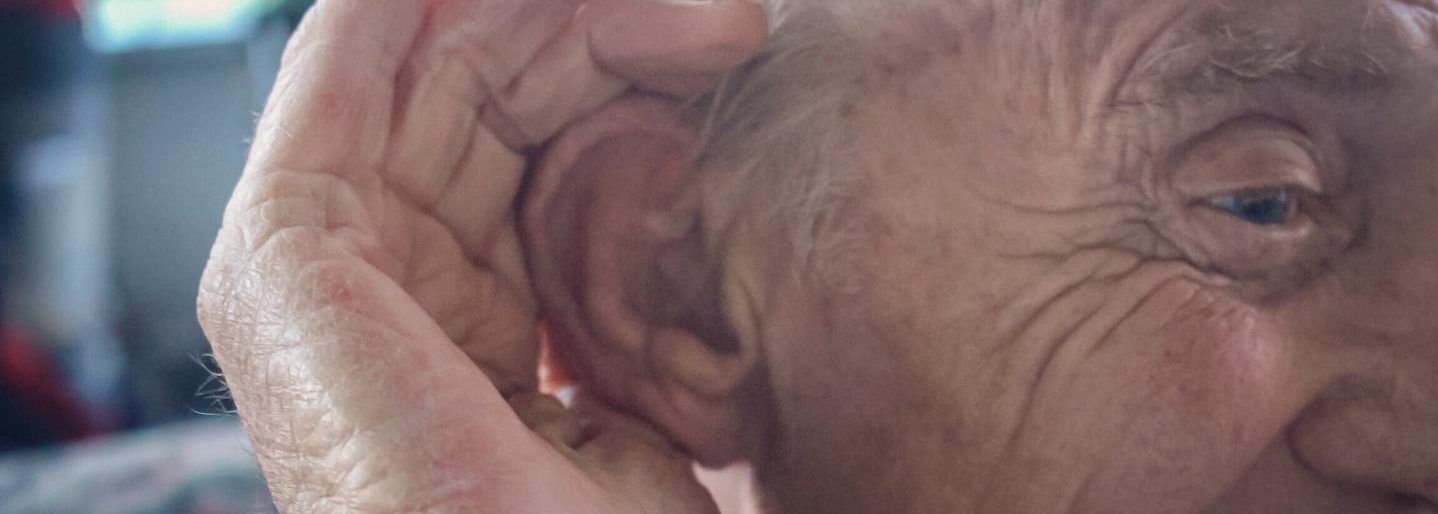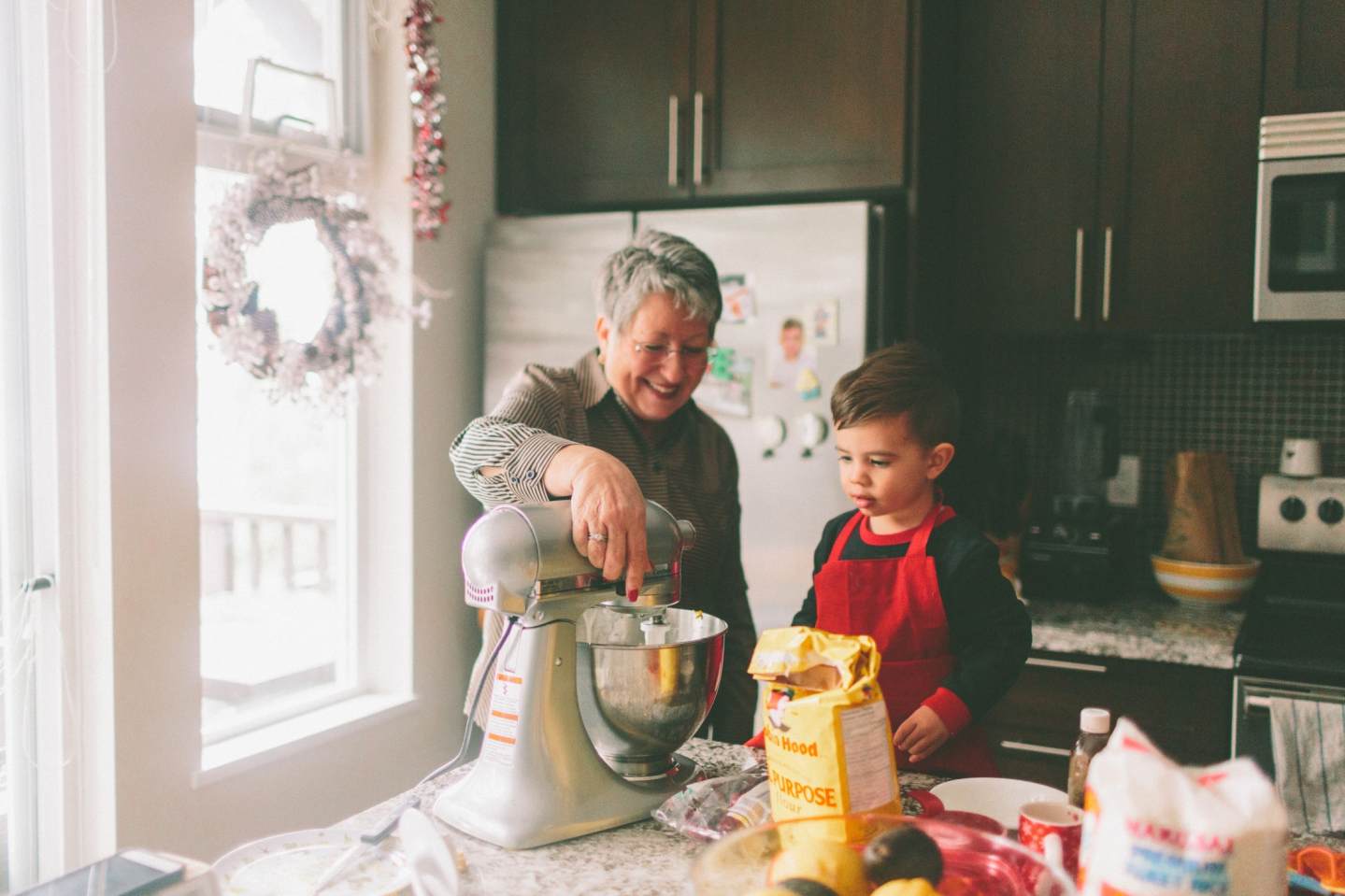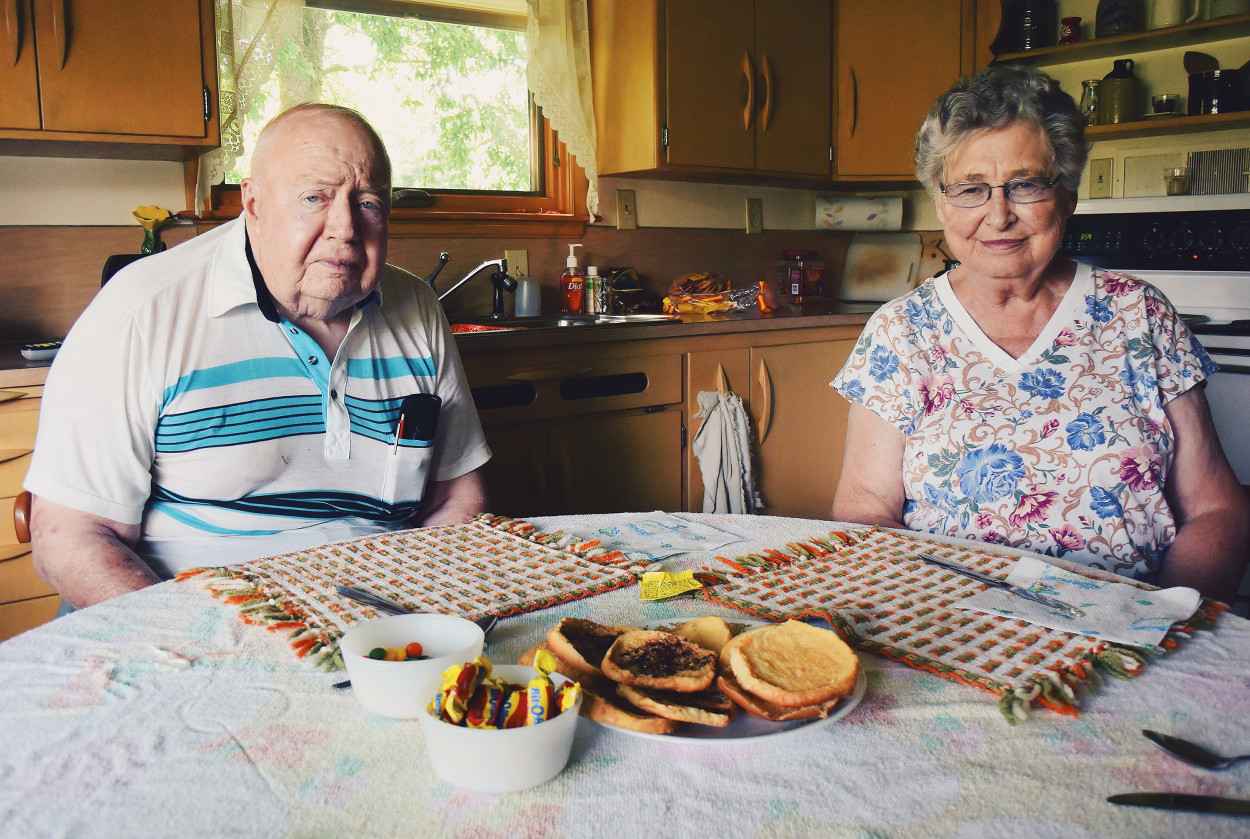
The Coronavirus and Older Adults – Information on COVID-19 for Seniors
Latest update: June 22nd, 2020 at 1:20PM
COVID-19 is a new disease that wasn’t identified yet when it started in December 2019. This virus typically causes light symptoms, but these can be more severe for certain groups of people, such as seniors. Our team at Eugeria is sensitive to the current situation, particularly its effects on the elderly and their caregivers.
While being worried and looking for information to protect yourself and your loved ones is normal, it is crucial to find trustworthy information. Having reliable information will allow you to not panic and make the right decisions.
In this article, we centralize general information about the coronavirus as well as some articles specific to older adults or people at risk. Our goal: to provide you with quick access to reliable sources of information to better understand and to support your loved ones.
Whenever you have questions concerning your loved one’s health or your own in relation to the coronavirus, you can use the Self-Assessment Tool or call the COVID-19 specialized toll-free line from the Government of Canada: 1-833-784-4397. You may also contact the public health authority of your province. Please note that, in Quebec, the government is asking the population to call the COVID-19 specialized lines from the Ministère de la Santé et des Services sociaux for any inquiries pertaining to the virus and not Info-Santé 811:
- 418-644-4545 in the Québec City region;
- 514-644-4545 in the Montréal region;
- 450-644-4545 in the Montérégie region;
- 819-644-4545 in the center and west of Québec;
- 1-877-644-4545 elsewhere in Québec; and,
- 1-800-361-9596 for people with hearing difficulties (TTY).
If you or your loved one has a fever or a dry cough, it is important to not go to a medical clinic unless you have gotten an appointment first, to go to the emergency room only if you have difficulty breathing, and, if your condition allows, to call the phone lines above before presenting yourself at the emergency room.
General Information on COVID-19
What it is, when to quarantine, what to look out for…
Q&A on coronaviruses (COVID-19)
https://www.who.int/news-room/q-a-detail/q-a-coronaviruses
The World Health Organization (WHO) created this FAQ on COVID-19. You can find trustworthy and up-to-date information on the coronavirus and signs and symptoms to watch out for – the most common ones being fever, fatigue, and dry cough. The ways the disease is spread are described along with precautions on how to protect yourself (washing your hands correctly, avoid touching your eyes, nose, and mouth, etc.).
Recommendations from the Government of Canada
https://www.canada.ca/en/public-health/services/diseases/2019-novel-coronavirus-infection.html
The Canadian government publishes a daily update of the current situation on the governmental website. You can also find recommendations for travelers in and out of the country and how to prepare yourself for the COVID-19 outbreak.
Recommendations from the Government of Quebec
https://www.quebec.ca/en/health/health-issues/a-z/2019-coronavirus/
The Government of Quebec has released a Self-care Guide along with specialized phone lines to answer questions related to COVID-19 and recommendations for travelling across regions.
The Government of Quebec has announced the gradual resumption of activities. Face coverings are recommended in public settings with the proper security measures. Please remember that face coverings do not replace hand washing, physical distancing (2m), and self-isolating when sick.
Indoor and outdoor gatherings of 10 people or less from a maximum of 3 different households are currently allowed. Hygiene measures – hand washing, physical distancing (2m), and self-isolating when sick, are still recommended as well as the use of face coverings and masks in situations where the 2m physical distancing cannot be respected.
Recommendations and information specific to the elderly
Vulnerable populations and COVID-19
Many community groups, volunteers, and other organizations are in daily contact with seniors and other vulnerable populations. The Government of Canada created this infographic to explain how to keep on helping them and what to look out for.
Financial support for seniors
On May 12th, 2020, the Canadian government announced the allocation of a one-time, tax-free payment of $300 to seniors who qualify for Old Age Security (OAS), and those eligible for the Guaranteed Income Supplement (GIS) will get an extra $200.
People at Risk for Serious Illness from COVID-19
https://www.cdc.gov/coronavirus/2019-ncov/specific-groups/high-risk-complications.html
Finally, the Centers for Disease Control and Prevention (CDC) officially released recommendations that are specific to older adults and people with serious chronic medical conditions. They are recommended to keep 2 weeks of supplies and medications at home. The CDC also highlights the need to keep communicating with people at risk, to keep up to date and to maintain a close relationship despite being at a distance.
Measures taken by the Government of Quebec to protect older adults and vulnerable populations
It is now possible for people of 70 years and older in specific environments to leave their homes and visit their loved ones with the respect of specific conditions. However, people in long-term care facilities and people with vulnerable health conditions are asked to remain in self-isolation and only go out when necessary.
Starting May 11th, informal caregivers, as described by the Quebec government, will be allowed to provide care to a loved one in CHSLD.
Informal and family caregivers during the coronavirus disease (COVID-19) pandemic
The Government of Quebec brought together all recommendations pertaining to informal and family caregivers. This website includes security recommendations as well as resources for caregivers and their loved ones.
COVID-19 fraud
https://antifraudcentre-centreantifraude.ca/features-vedette/2020/covid-19-eng.htm
Frauds in link with COVID-19 have been reported to the Antifraud Centre. Remind your loved ones to beware of phone calls, emails, or text messages from unclear sources.
Stay informed and prepared
We are aware that the current situation can be worrisome for seniors and their caregivers. Please remember to be cautious with the different sources of information.
Public notices and advice change constantly in view of new developments. It is crucial to stay up-to-date with the latest information and to follow expert and governmental recommendations.
We will continue to update this article rgularly in order to provide you with the latest recommendations to protect your loved ones and you.








